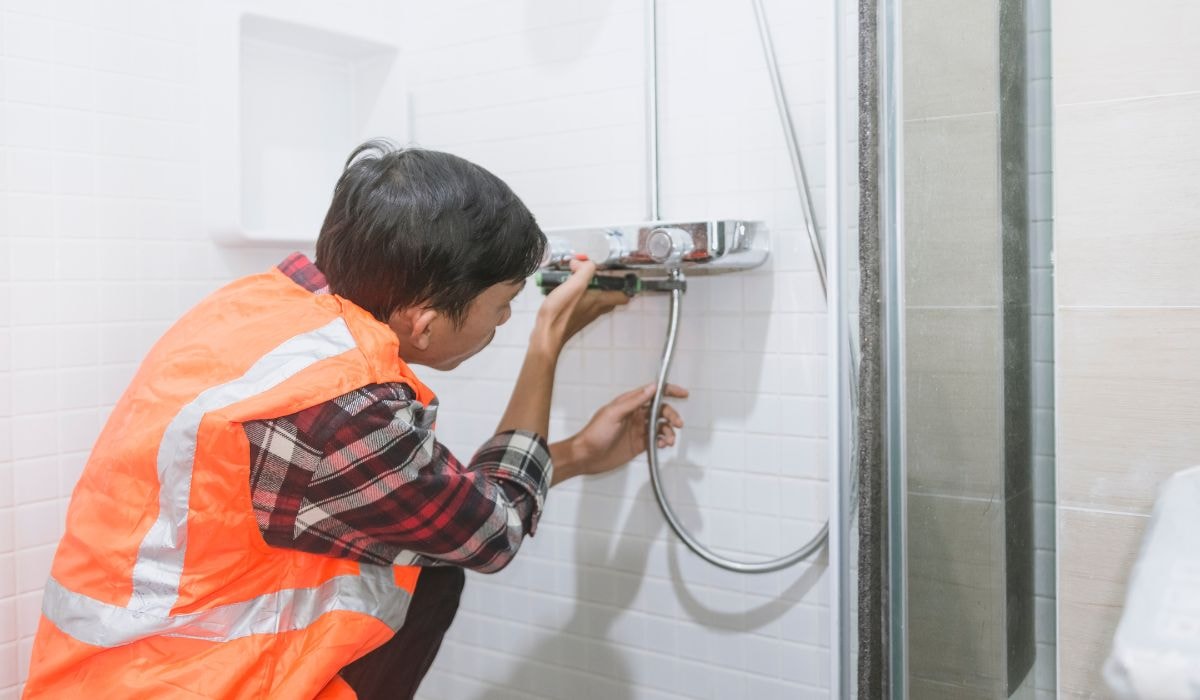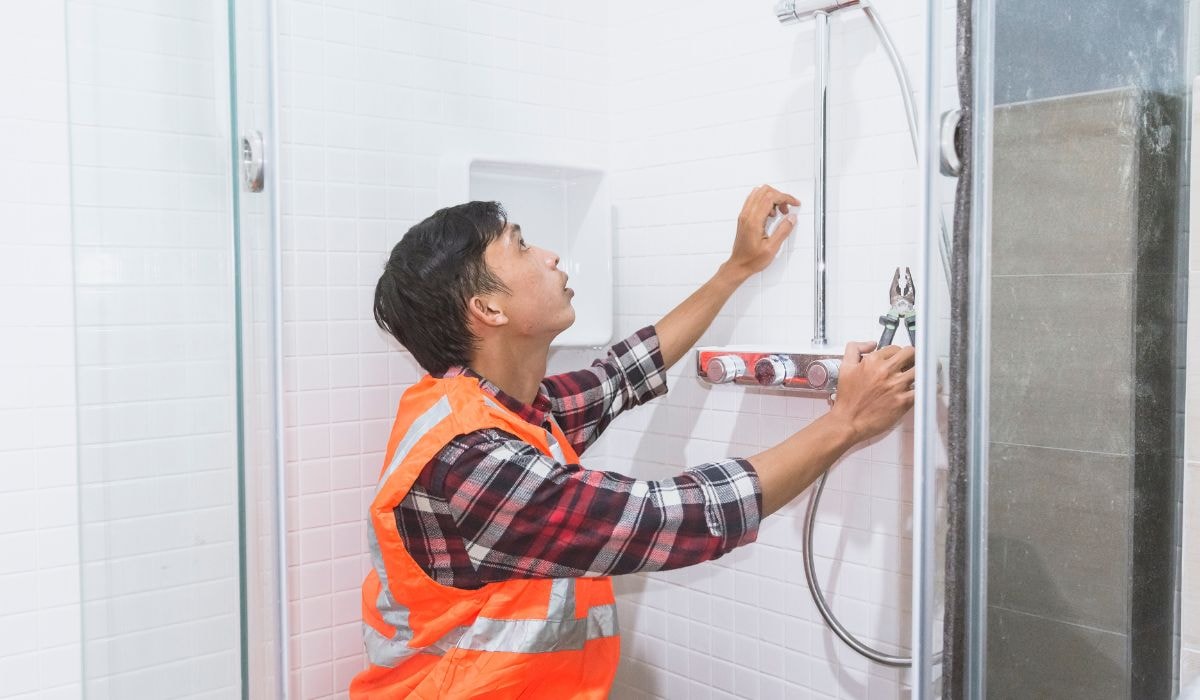
Effective bookkeeping is essential for plumbers running their own businesses in Australia. Proper financial management not only ensures compliance with tax regulations but also helps you understand your business’s financial health, manage cash flow, and make informed decisions based on accurate financial data.
This comprehensive guide will cover the essentials of bookkeeping for plumbers, providing practical tips and strategies tailored to the Australian context.
Why Bookkeeping is Important for Plumbers
Compliance with Tax Obligations
In Australia, all businesses, including plumbing businesses, must comply with tax laws, including GST (Goods and Services Tax) and income tax. Accurate bookkeeping ensures you meet your tax obligations and avoid penalties.
Financial Health and Performance
Regular bookkeeping allows you to track income and business expenses, providing insights into your business’s profitability and financial health through detailed financial statements. This information is crucial for making informed business decisions.
Cash Flow Management
Managing cash flow is vital for any business, especially for plumbers who may have irregular income and expenses. Effective bookkeeping helps you monitor cash flow, ensuring you have enough funds to cover operating costs.
Business Growth and Planning
Accurate financial records enable you to plan for the future, secure financing, and invest in growth opportunities by maintaining a clear view of your business’s financial health. Understanding your financial position is key to strategic planning and sustainable growth.
Essential Bookkeeping Tips for Plumbers

1. Choose the Right Accounting Method
Plumbers can choose between two main accounting methods:
- Cash Basis Accounting: Records transactions when cash is received or paid. This method is simpler and suitable for small businesses with straightforward transactions.
- Accrual Basis Accounting: Records transactions when they occur, regardless of cash flow. This method provides a more accurate picture of financial health and is recommended for growing businesses.
2. Use Professional Accounting Software
Investing in the best accounting software tailored to your needs can streamline your bookkeeping process. Popular options for small businesses in Australia include QuickBooks, Xero, and MYOB.
Benefits of Using Accounting Software
Using specialised bookkeeping software offers several benefits for plumbing businesses:
- Automation: Automates data entry, invoicing, and expense tracking.
- Integration: Connects with your bank accounts, payment systems, and other tools.
- Reporting: Generates financial reports, such as profit and loss statements and balance sheets.
3. Maintain Separate Business and Personal Finances
Keeping your business and personal finances separate simplifies bookkeeping and ensures clear records. Open a dedicated business bank account and use it for all business-related transactions.
4. Track All Income and Expenses
As a business owner, it is crucial to record every financial transaction, including:
- Income: Payments from clients for services rendered.
- Expenses: Costs related to materials, tools, vehicle expenses, insurance, and other operational costs.
5. Issue and Manage Invoices Promptly
Issuing invoices promptly ensures timely payment. Use accounting software to generate and send professional invoices, track outstanding payments, and follow up with clients if necessary.
6. Monitor Cash Flow Regularly
Regularly review your cash flow to ensure you have sufficient funds to cover expenses and make more money. Generate cash flow statements and use them to plan for upcoming expenses and manage working capital.
7. Keep Accurate Records of Receipts and Invoices
Maintain organised records of all receipts and invoices. Use digital tools to scan and store documents, making it easier to track expenses and claim deductions.
8. Understand GST and BAS Reporting
If your plumbing business has an annual turnover of $75,000 or more, you must register for GST. Keep accurate and up to date records of GST collected and paid, and prepare and lodge your Business Activity Statements (BAS) on time.
9. Claim All Eligible Deductions
Maximise your tax deductions by keeping detailed records of all business-related expenses. Common deductions for plumbers include:
- Tools and equipment
- Vehicle expenses
- Work uniforms
- Office supplies
- Business insurance
10. Seek Professional Help
Consider hiring professional bookkeepers or tax accountants, especially as your business grows. They can provide expert advice, ensure compliance, and free up your time to focus on your trade.
Conclusion
Effective bookkeeping is crucial for managing a successful plumbing business in Australia. By implementing these bookkeeping tips and using the right tools, you can ensure compliance with tax regulations, understand your financial health, and make informed decisions for your business’s growth.
For personalised bookkeeping services to manage your plumbing business’s finances, reach out to Grey Space Advisory. Our team of experienced professionals is dedicated to helping you streamline your bookkeeping processes and achieve your business goals. Contact us today to learn more about our comprehensive accounting services tailored to plumbers.
FAQs for Bookkeeping for Plumbers
What accounting software is best for plumbers in Australia?
Popular accounting software options for the plumbing industry in Australia include QuickBooks, Xero, and MYOB. These platforms offer features such as automation, integration with bank accounts, and detailed financial reporting.
Do plumbers need to register for GST?
Plumbers must register for GST if their annual turnover is $75,000 or more. This involves charging GST on services and products sold, and lodging regular Business Activity Statements (BAS).
How can plumbers maximise their tax deductions?
Small business owners, including plumbers, can maximise tax deductions by keeping detailed records of all business-related expenses. Common deductible expenses include tools, equipment, vehicle expenses, uniforms, office supplies, and business insurance.
Why should plumbers keep business and personal finances separate?
Keeping business and personal finances separate simplifies bookkeeping, ensures clear records, and makes it easier to track income and expenses for tax purposes.
When should a plumber consider hiring a professional bookkeeper?
A plumber should consider hiring a professional bookkeeper if managing finances becomes time-consuming or complex, or if they want expert advice to ensure compliance and optimise financial management.